China has a new second highest-ranking general.
Zhang Shengmin, a veteran of the armed forces who has overseen anti-corruption efforts, has been promoted to vice chair of the powerful Central Military Commission (CMC).
Zhang is now the third top-most official in China’s top military body – after CMC chair President Xi Jinping and senior vice-chairman Zhang Youxia. Interestingly, Zhang has not been promoted to the CPC.
The development comes amid Xi continuing to tighten his grip over the Chinese Communist Party (CPC). Xi last week sacked nine members of the CPC including He Weidong, the previous vice chair of the CMC, over charges of corruption.
Speculation had been rife about who would replace He. News of Zhang’s elevation comes on the final day of the Fourth Plenum – a closed-door meeting of the 300-plus member Communist Party Central Committee in Beijing.
But who is the 67-year-old Zhang? What do we know about him?
Who is he?
Zhang was born in China’s Shaanxi province in February 1958.Shaanxi is the ancestral home of Xi – where he has deep family and political networks – as well as senior vice-chairman Zhang Youxia.
Zhang’s father served with Xi’s father during the Chinese Civil War. Zhang, who joined China’s army in 1978, is part of the ‘Shaanxi Gang’ – a bloc within the People’s Liberation Army known for sharing close ties with Xi.
Zhang has been the deputy secretary of the CMC’s anti-corruption arm and its top graft investigator since joining it in 2017 – when he was promoted to the post of general within the PLA. Zhang is also secretary of the CMC’s Commission for Discipline Inspection – a post responsible for maintaining order within the armed forces and ensuring loyalty to the party.
Though little is known about his early career, Zhang is known to have served as political commissar of a missile base and a command college. Zhang has served in China’s Second Artillery Force, which is now known as the PLA Rocket Force. Zhang served as director of its political department in Beijing. However, he has no experience in battle, which suggests that Xi is valuing loyalty and control over all else.
Interestingly, the PLA Rocket Force and the CMC’s General Logistics Department have both undergone purges by Xi. The former has witnessed a succession of generals being removed on corruption charges including Li Yuchao, Zhou Yaning, Wang Houbin and Wei Fenghe.
However, Zhang has survived on the dint of his close friendship with the Chinese president. Experts said Zhang’s elevation is a sign of the exceptional degree of trust placed in him by Xi.
"There is no one better to succeed as the military's new political and personnel chief than its reigning discipline tsar," said Wen-Ti Sung, a non-resident fellow at the Atlantic Council’s Global China Hub. “His personal loyalty to Xi had been thoroughly vetted during the last two years of purges against the Second Artillery Force, a major corruption hotbed,” Sung added.
The party has vowed to continue its anti-corruption drive.
“We must … unwaveringly carry out the anti-corruption campaign to provide a strong guarantee for achieving the economic and social development goals of the 15th five-year plan period,” it added.
The meeting, known as the Fourth Plenum, also discussed a five-year economic development plan to achieve technological self-reliance amid an intensifying rivalry with the United States.
The elite Central Committee also replaced 11 members at the meeting, marking its highest personnel turnover since 2017.
Xi’s anti-corruption drive
Xi has dismissed over 100 Chinese officials including many senior generals since he began his anti-corruption efforts in 2012. He recently dismissed former defence ministers Wei Fenghe and Li Shangfu. Many now consider Xi the most powerful leader China has seen since Mao Zedong.
The formerly seven-member CMC headed by Xi has lost three members since 2023 in a string of anti-corruption probes. Eight of the nine generals expelled from the party last week were also Central Committee members, and some of their investigations had not previously been disclosed.
“By purging these officers before the plenum altogether and all at once, Xi is sending a clear shot across the bow to the military high command ahead and asserting his dominance,” said Jon Czin, a People’s Liberation Army expert at the Brookings Institution.
Most of the purged generals had served in the former Nanjing Military Region, made up of key strategic provinces on China’s east coast facing Taiwan. Some also overlapped in the former 31st Group Army, a strategically important unit focusing on Taiwan-related operations.
A commentary last Saturday in the official People’s Liberation Army Daily newspaper condemned the nine generals in unusually stark language, saying their “faith collapsed and their loyalty failed, gravely betraying the trust of the Party Central Committee and the Central Military Commission.”
Only 82 per cent of Central Committee members attended this plenum, Xinhua reported, marking the lowest attendance level in decades, according to official data.
With inputs from agencies


)
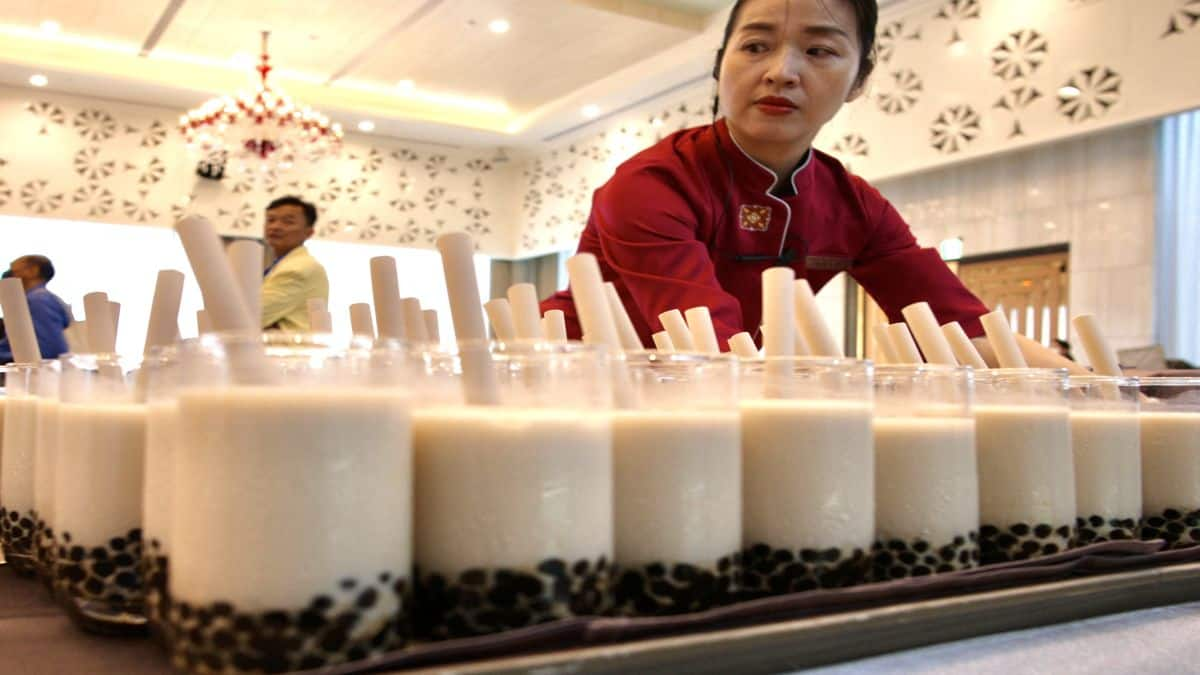
)
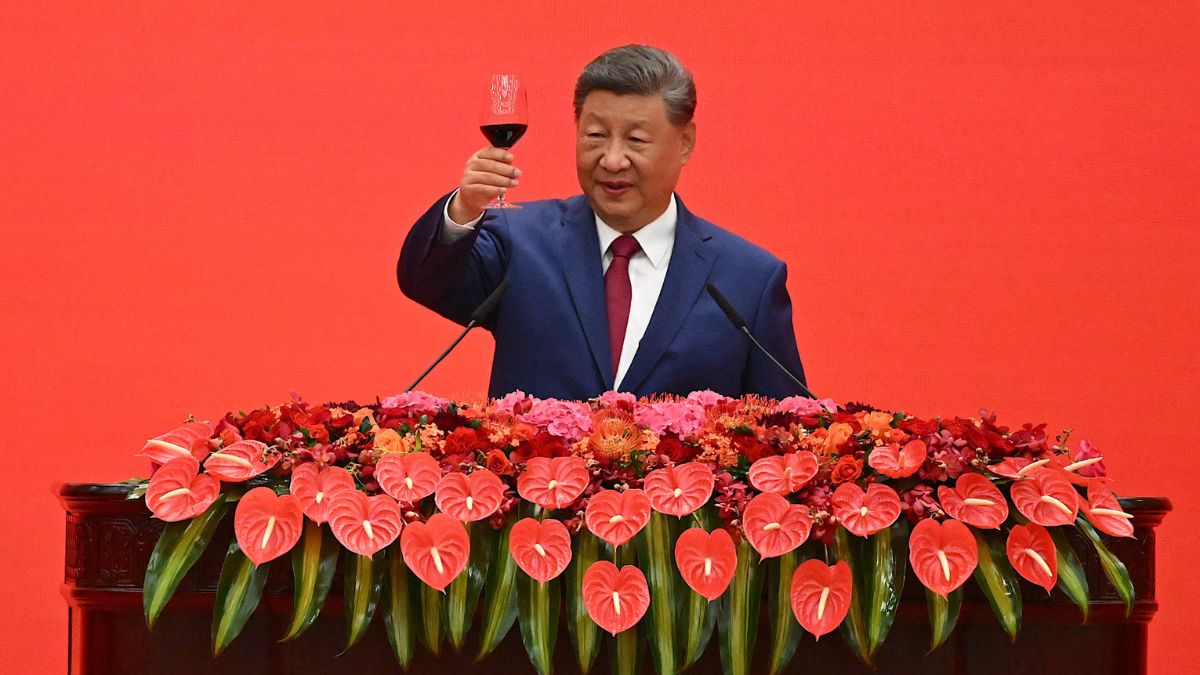)
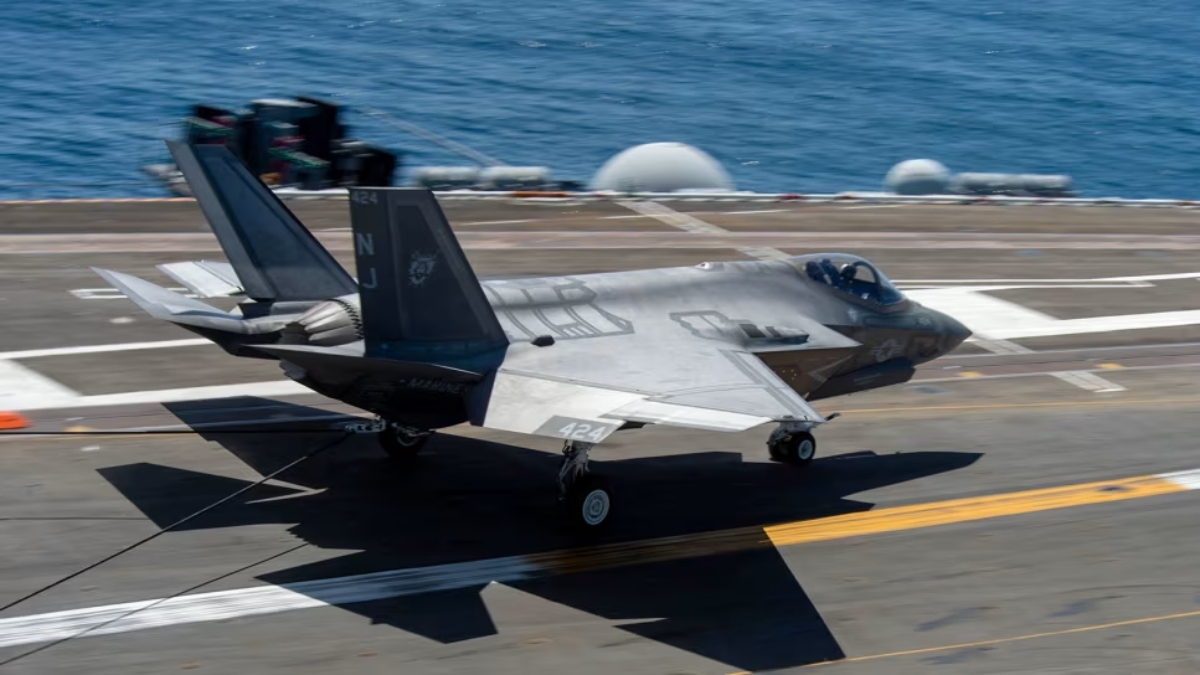)
)
)
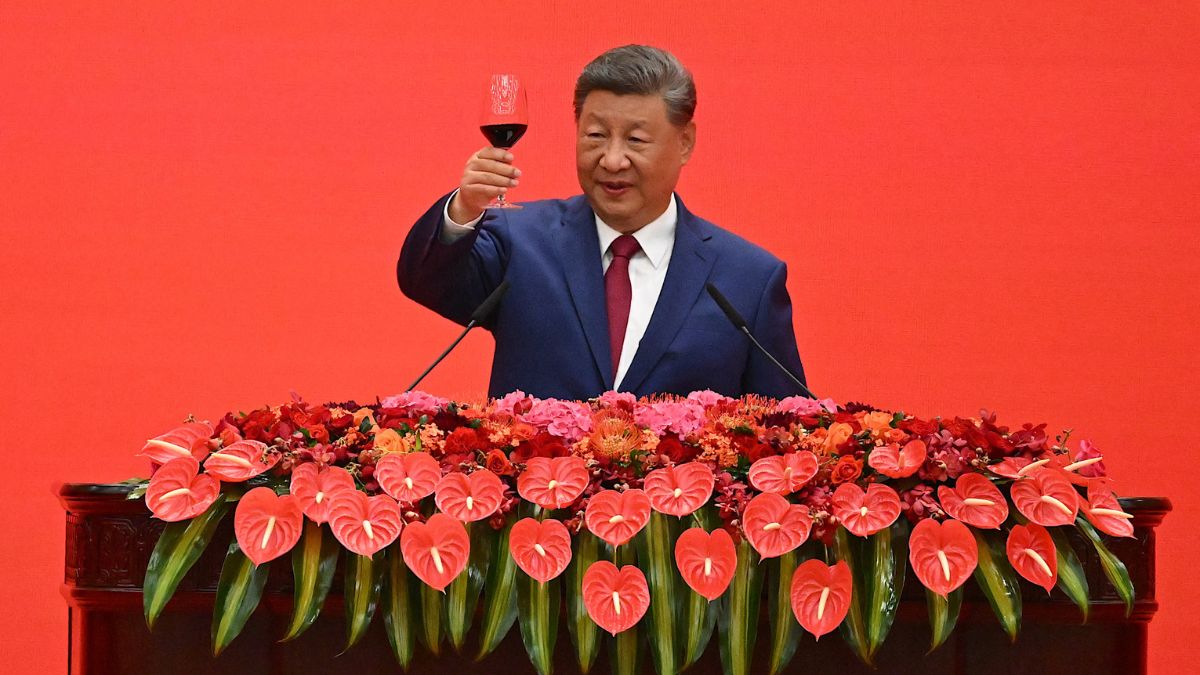)
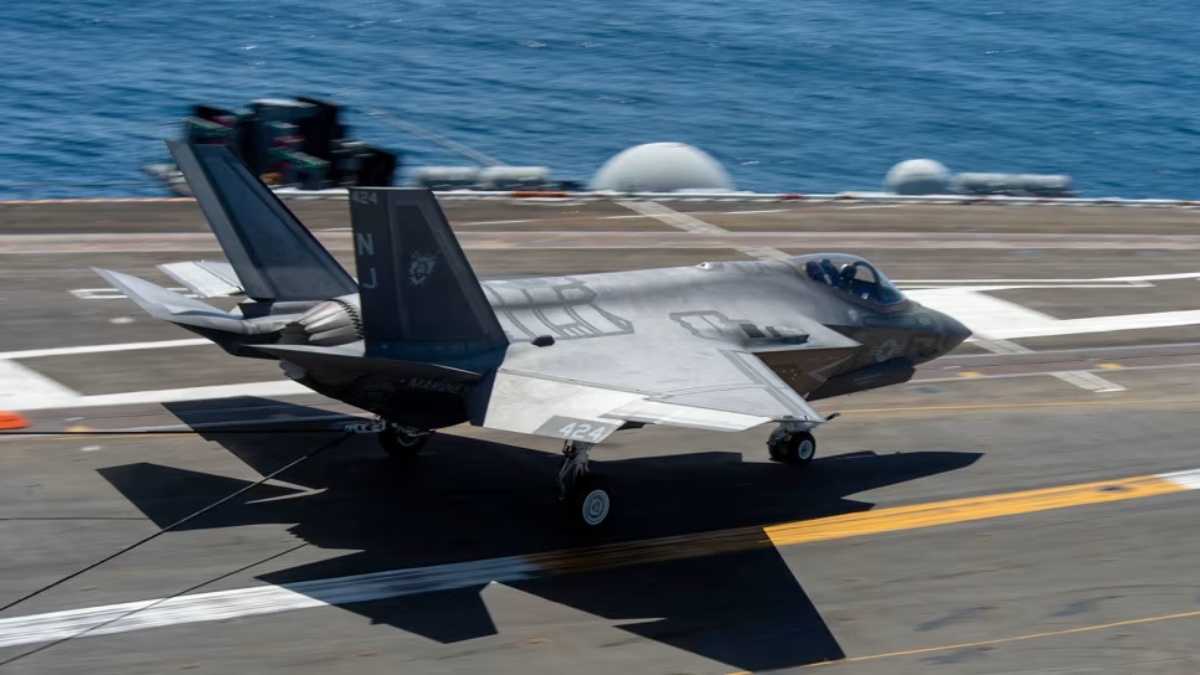)
)



